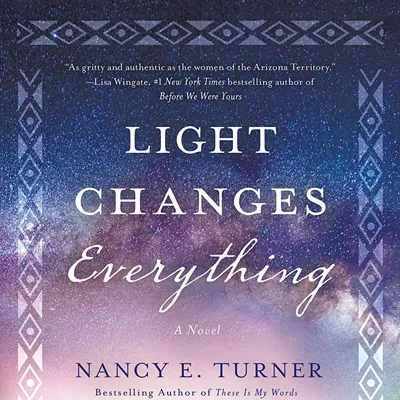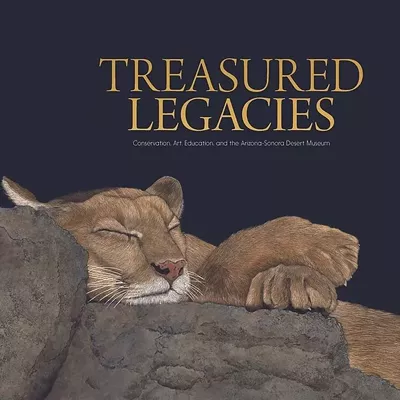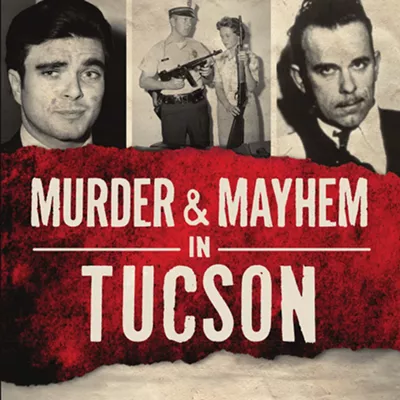At first spitting out phrases like machine-gun fire but then writing in a calmer, more lyrical language, Krauss tells the tale of Samson Greene, a 36-year-old English professor at Columbia University. He loses his adult memories after surgery to remove a cherry-sized brain tumor and the impacts of that loss--and the main character's reaction to it--are the basis of the novel.
In searching for who he is, and who he was, Greene takes a personal journey beginning in New York City with his wife Anna. But they find that "they" can no longer coexist because "he" isn't the same.
Faced with this loss and the loneliness it will bring, Greene doesn't flinch. Accepting his fate and seeming to be uninterested in retrieving his former self, he instead volunteers for a memory transfer experiment being conducted by a total stranger in the Nevada desert. Staring his wife, and his former life, in the face, Samson decides on a new direction without knowing what it will be.
The middle section of the book, which deals with modern science, is weak, with concerns about the morality and consequences of experimentation on personality being raised in an unsuccessful fashion. It is not a question of whether memory transfer or cloning or DNA manipulation can be done, but do we really want to go there?
Krauss offers the view, "To enter another's consciousness and stake a flag there was to break the law of absolute solitude on which that consciousness depends. It was to threaten, and perhaps irrevocably damage, the essential remoteness of the self. This transgression was unforgivable."
At the same time, the author tries to use the desert as a metaphor for personal renewal and rebirth. "In the desert the hippies camp out at the hot springs ... " she writes, "While the military empties rounds of M-16s in the dirt. In the desert there's the military and the anarchists like a perfect equation, like scales of judgment." But as those of us who live in one know, the modern desert is more about consumption than inspection, a battleground over profits, not conquest.
It is only at the end of this part of the novel, with an unexpected burst of passion as he seeks to control his own life, that both Greene and the book pick up the pace. He moves on to Las Vegas, continuing his journey in search of himself. As he does, his life, and those of the rest of us, is reflected in the Weather Channel constantly being shown on the nearest TV screen.
The characters he meets along the way include Lana and Luke, two young sounding boards; Pip, a bible-toting wanderer just back from India; and finally great-uncle Max who has also lost most of his memory. These people help to define Greene for who he has become, and to shelter him from the loneliness of a life without memories.
But while Samson searches for himself, he is also looking for his long-dead mother, and the memories she instills in him. To find her he must go back to the California home of his childhood.
As he tells his uncle near the end of the journey, "It's not very long a life, is it, Max? You're a kid, it's summer, you blink your eyes and years--years-- have passed. And you realize that you've become someone else, but that your heart is still caught in that lost kid. That what you're left with beating in your chest is a diminished thing, a shadow of what it was when you were a boy and running under the night sky you felt it was filled to bursting."
But the reality of life, of being someone who has accepted the responsibilities and restrictions of becoming an adult, is a room most of us step into willingly. Whether out of conformity, or fear of loneliness, or because we don't know another way, the result is that eventually we put away the things we played with as a child.
In the end, Greene defines his new self. But like footsteps left in the desert just before a dust storm, Man Walks Into a Room doesn't leave much of a lasting impression. Instead, it hints at things to come from its author, raising more anticipation than insight.







